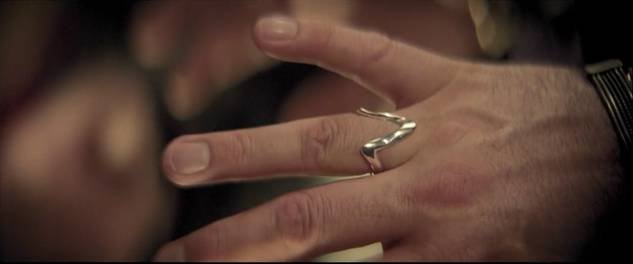How NOT To Reduce Magician-Centrism
/Magician-Centrism is the style of performing that focuses a trick’s premise on the performers “powers.”
There’s nothing wrong with it. But in my experience this doesn’t usually go over great in social situations, especially with people who are in your life long-term. It feels like asking people to indulge in a little performance about how special you are. How often are they going to want to do that?
So instead, I try to use premises and contexts which take the focus off me. I call these Audience-Centric or Story-Centric tricks.
In the past couple of months I’ve seen some performers do something that seems less Magician-Centric, but really it’s just plain bad.
When the trick is over the spectator is like, “What the hell just happened?” And the magician says, “I don’t know!”
While it’s perfectly fine to say you “don’t know” how something happened. And I say that all the time. You can’t just spring it on them at the end of the trick. You need to set up that you’re doing something and—for some reason that you explain in your presentation—you don’t know if it will work or why it works or whatever.
If you say, “This is something I found in an old book in my grandfather’s library,” or, “This guy sold me these lucky beans and they have a very weird influence on games of chance,” or, “There’s a ritual I was taught that generates synchronicities.” Then you’ve told the spectator the “world” we’re living in for the duration of this trick. And that’s a world where you can end the trick saying, “I don’t know how this happens.”
But if you just go through the effect, telling them exactly what to do and directing them how to cut and deal and all of that, you can’t then claim you “don’t know,” why something happened. If you didn’t know it was going to happen, what exactly were you doing for the past 5 minutes? You were certainly setting the stage for something.
Either take credit for what’s going to happen, or set up a premise where the machinations behind what they’re about to see are somewhat unknown, even to you. Just saying, “I don’t know how that happened,” is kind of lazy. And it denies the spectator a way to frame the memory of the experience, which makes it bound to be forgotten.





